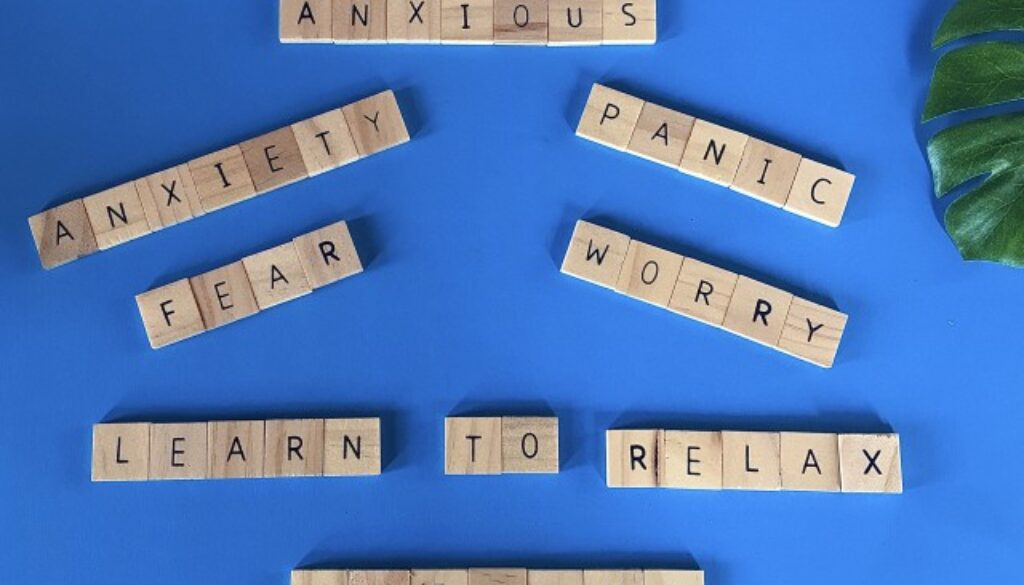Panic Attacks vs Anxiety Attacks
Anxiety attacks and panic attacks are often seen as the same thing, but they are two very different things. They are different in how long they last, how they’re triggered, and how they’re treated. It’s important to understand the difference between anxiety attack vs. panic attack so that you can accurately treat them.
Anxiety attacks usually have a gradual onset, whereas panic attacks have an immediate onset. Anxiety attacks are usually caused by a specific situation that can be pinpointed as the cause for the anxiety attack, but most frequently, no cause can be pinpointed as the reason for the panic attack. Though there have been studies that suggest there are precursors to panic attacks, these precursors may not be noticeable to the patient if they are not paying close attention to their bodies. The study found that up to 45 minutes before a panic attack, there were changes in respiratory and heart rate functions. This does not mean that panic attacks have a cause necessarily. It simply shows that the body does build up to the panic attack, regardless of how sudden it may seem.
Signs & Symptoms Of A Panic Attack
A racing or pounding heartbeat
chest pain
dizziness or lightheadedness
hot flashes or chills
nausea
numbness or tingling in the extremities
shaking
shortness of breath
stomach pain
sweating
the feeling of being choked or smothered
People experiencing a panic attack may also:
feel a loss of control
feel like they are going crazy
have a sudden fear that they will die
feel detached from themselves, which is called depersonalization, and feel detached from their surroundings
Symptoms of panic tend to peak after 10 minutes, then gradually subside, but it seem longer because several panic attacks can occur in a row.
Signs & Symptoms Of An Anxiety Attack
Symptoms may become more pronounced over a few minutes or hours. They are typically less intense than those of panic attacks.
Symptoms include:
being easily startled
chest pain
dizziness
dry mouth
fatigue
fear
irritability
loss of concentration
muscle pain
numbness or tingling in the extremities
a rapid heart rate
restlessness
shortness of breath
sleep disturbances
the feeling of being choked or smothered
worry and distress
Anxiety symptoms often last longer than the symptoms of a panic attack. They may persist for days, weeks, or months.
Risk Factors
People are more likely to experience panic attacks if they have:
an anxious personality
another mental health issue, such as depression, bipolar disorder, or an anxiety disorder
family members with anxiety or panic disorders
a chronic medical condition, such as a thyroid disorder, diabetes, or heart disease
issues with alcohol or drug abuse
ongoing stresses in their personal or professional lives
experienced a stressful event, such as a divorce or bereavement
experienced trauma in the past
witnessed a traumatic event
Females are more likely than males to have anxiety or panic attacks.
What To Do During An Attack
If you feel an anxiety or panic attack coming on, try the following:
Take slow, deep breaths. When you feel your breath quickening, focus your attention on each inhale and exhale.
Recognize and accept what you’re experiencing. Remind yourself that the symptoms will pass and you’ll be alright.
Use relaxation techniques. Relaxation techniques include guided imagery, aromatherapy, and muscle relaxation. If you’re experiencing symptoms of anxiety or a panic attack, try doing things that you find relaxing. Close your eyes, take a bath, or use lavender, which has relaxing effects.
Lifestyle Changes
The following lifestyle changes can help you prevent anxiety and panic attacks, as well as reduce the severity of symptoms when an attack occurs:
Reduce and manage sources of stress in your life.
Learn how to identify and stop negative thoughts.
Get regular, moderate exercise.
Eat a balanced diet.
Join a support group for people with anxiety or panic attacks.
Limit your consumption of alcohol, drugs, and caffeine.
If you’ve had anxiety or panic attacks, you should seek out some professional help.
These tips can help you identify if you are having anxiety attack vs. panic attack, but only a licensed and experienced therapist can help you address the issues.

At CWC Coaching, our team consists of licensed therapists, life coaches, and counselors. We assist clients with self-improvement, career development, negative self-talk, psychological pain, self-sabotaging behavior, past hurts and finding your purpose. If you are ready to increase your self-awareness and happiness, breakthrough limiting behavior and understand your purpose in life, we’d love to help guide you on this journey.





